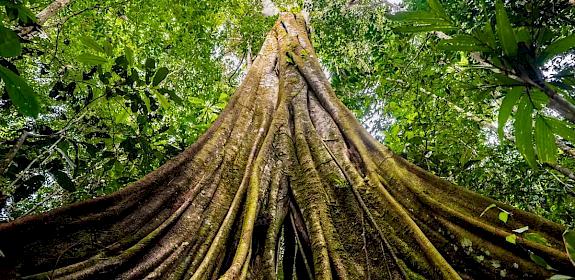Police in Viet Nam uncover wildlife bone trade network
Ha Noi, Viet Nam, 20th September 2010—On 15th September, Hanoi Environmental Police, in conjunction with relevant authorities, uncovered a wildlife bone trade network operated by a couple at their home in Ha Noi’s Hoang Mai district.

In total, authorities confiscated nearly 900 kg of animal bones from four different locations.
According to reports, the haul included 6 complete Tiger skeletons and 6 skulls, 32 kg of additional Tiger bones, 2 elephant tusks, 3 clouded leopard skulls and 1 skeleton, 6 bear skulls and one stuffed bear head.
In addition, about 730 kg of serow, deer, turtle shell, gaur horns, bone glue, dried bile, and dried porcupine stomachs were seized.
The Hoang Mai couple were transporting 2 sacks of wildlife bones when their car was stopped by Environmental Police, working with traffic police, on the afternoon of 15th September.
Officials seized the bones, which, according to initial reports included an estimated 11 kg of Tiger bones. The bones were later identified by experts at the Institute of Ecology and Biological Resources as belonging to a mixture of Tiger, leopard, and other animals.
Earlier on the same day, authorities raided three other locations in Me Linh, Cau Giay and Hai Ba Trung districts, where around one hundred animal bones and other products were seized. These locations are believed to be part of the same network.
According to a representative from the Environmental Police, the network had been under investigation for several months. Six people were arrested in connection with the case, which remains under investigation.
Species such as Tiger, elephants, Asian bears and leopards are protected by law in Viet Nam, but despite their protected status, many continue to be traded illegally.
Tiger bones and other wildlife bones are boiled down to make ‘bone glue’, a popular traditional medicine.
In Viet Nam, an estimated 30 Tigers are believed to remain in the wild.
TRAFFIC is grateful to Education for Nature-Vietnam (ENV) for assistance with compiling this news item.




